Uttar Pradesh Switch to Hindi
Rajnath Singh inaugurated the EV plant in Lucknow
Why in News?
Defence Minister Rajnath Singh inaugurated the Ashok Leyland Electric Vehicle (EV) manufacturing plant in Lucknow, Uttar Pradesh.
Key Points
- Investment: The plant has been developed with an investment of around ₹1,000 crore.
- Production Capacity: The plant has an initial capacity of 2,500 electric vehicles per year, which can be expanded to 5,000 units annually.
- Vehicles: First dedicated e-Bus (electric bus) manufacturing unit.
- Employment Generation: The project is expected to create direct and indirect employment opportunities, boosting local industrial and service ecosystems.
- Electric Mobility Push: The project aligns with India’s clean mobility and net-zero emissions goals by reducing dependence on petroleum-based transport.
- Boost to National Manufacturing Initiatives: The project aligns with Make in India and Atmanirbhar Bharat, enhancing domestic manufacturing capabilities.
- National Significance: The project strengthens India’s position in electric vehicle manufacturing and supports the goal of sustainable economic development.
- Project reinforces Uttar Pradesh’s emergence as an EV manufacturing hub.
| Read More: Electric Vehicle (EV), Net-zero emissions goals, Make in India, Atmanirbhar Bharat, Sustainable economic development |
National Current Affairs Switch to Hindi
Dharmendra Pradhan Inaugurates New Delhi World Book Fair
Why in News?
Union Education Minister Dharmendra Pradhan inaugurated the New Delhi World Book Fair (NDWBF) 2026 at Bharat Mandapam, New Delhi.
Key Points
- Organisers: The fair is organised by the National Book Trust (NBT), India, under the Ministry of Education.
- Theme: The theme for NDWBF 2026 is “Indian Military History: Valour and Wisdom @75”, reflecting on the role and legacy of India’s armed forces.
- Book Release: During the inauguration, Dharmendra Pradhan released the book “The Saga of Kudopali: The Unsung Story of 1857” in multiple Indian languages and Spanish, honouring Veer Surendra Sai and the martyrs of Sambalpur.
- International Participation: Countries like Qatar and Spain participated in the fair.
- Focus Country: Qatar (main highlight for exhibitions and literary exchange)
- Partner Country: Spain (cultural and literary participation)
- Promoting Reading Culture: The fair underscores the importance of reading, knowledge dissemination, multilingualism, and global literary dialogue among students, scholars, and the general public.


.png)



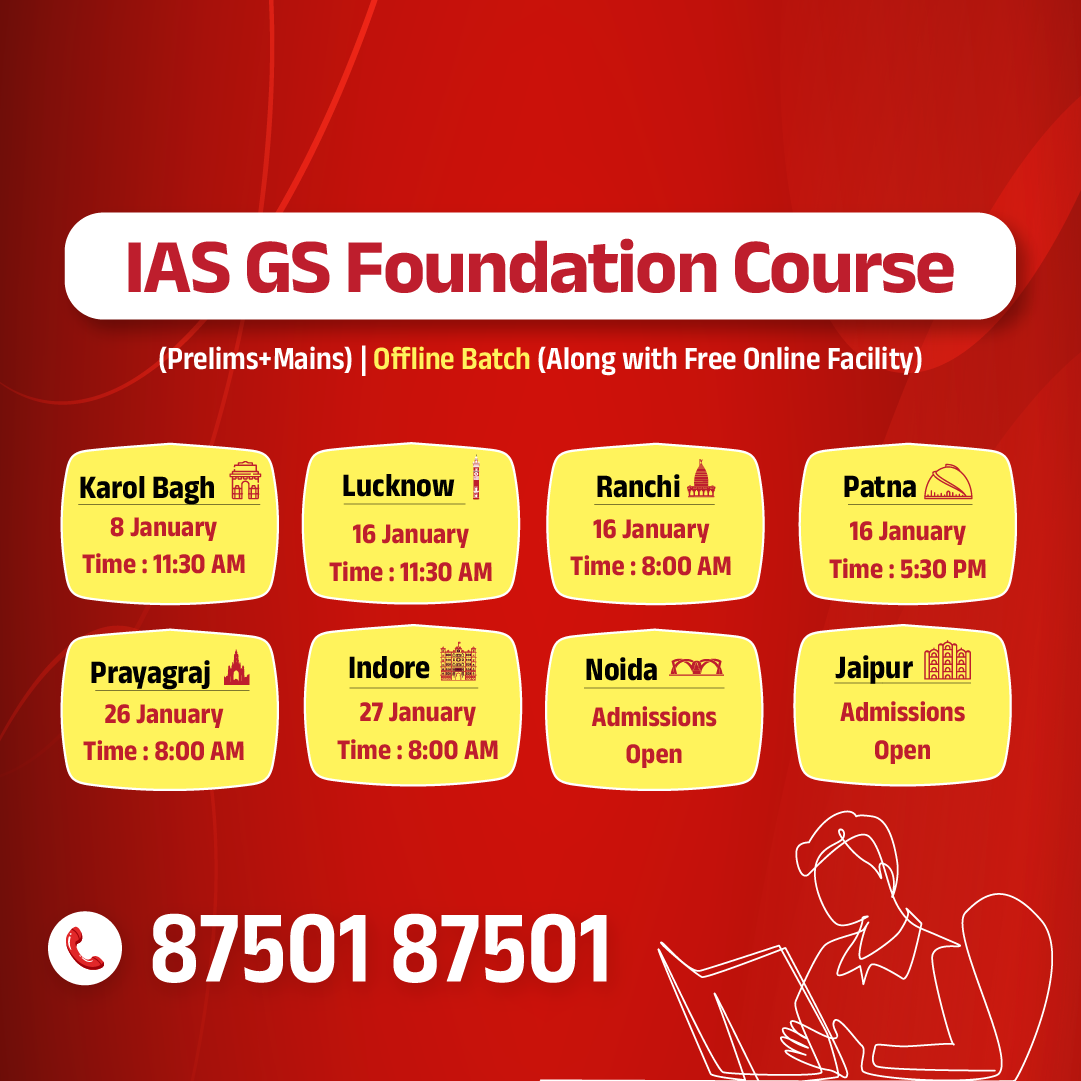
.jpg)






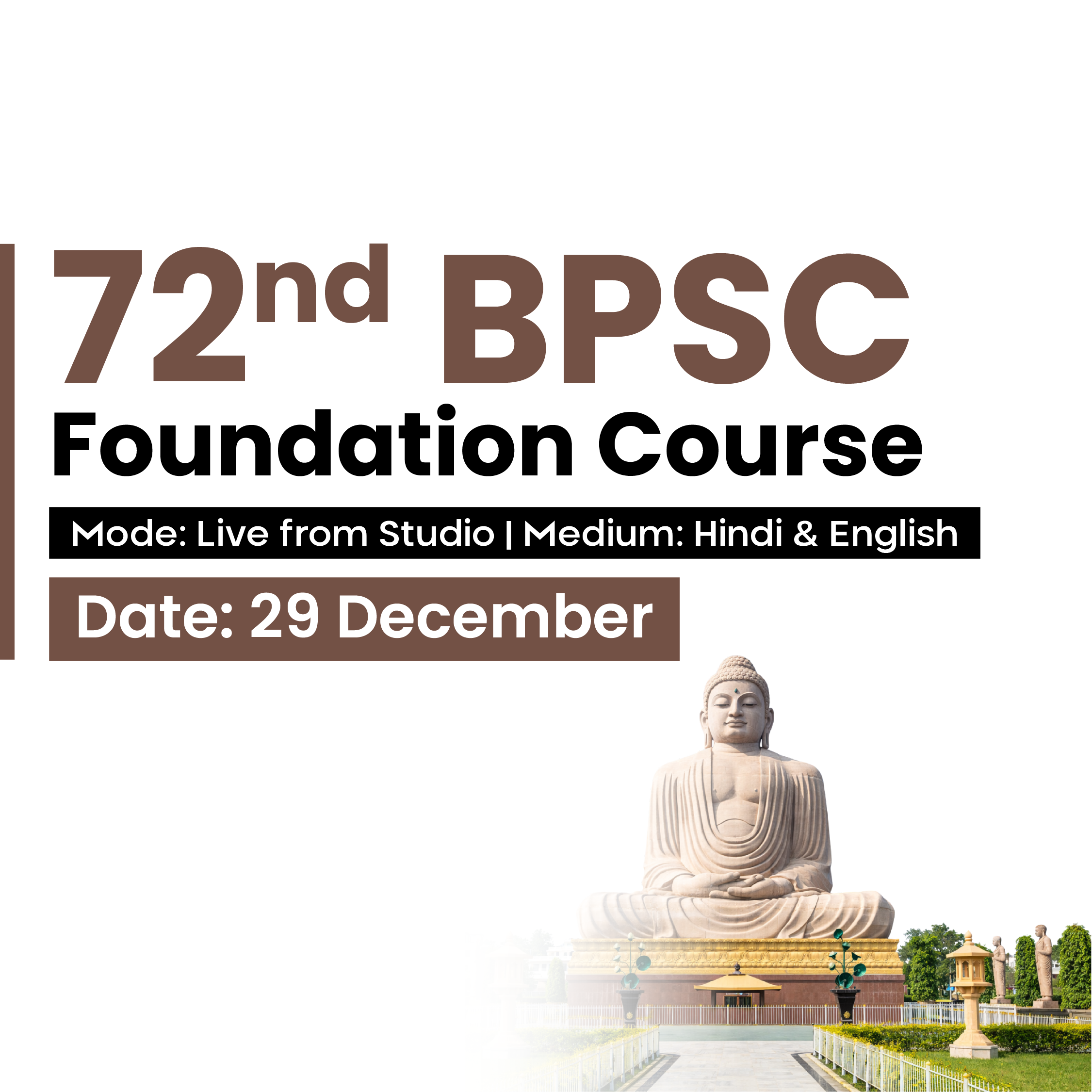



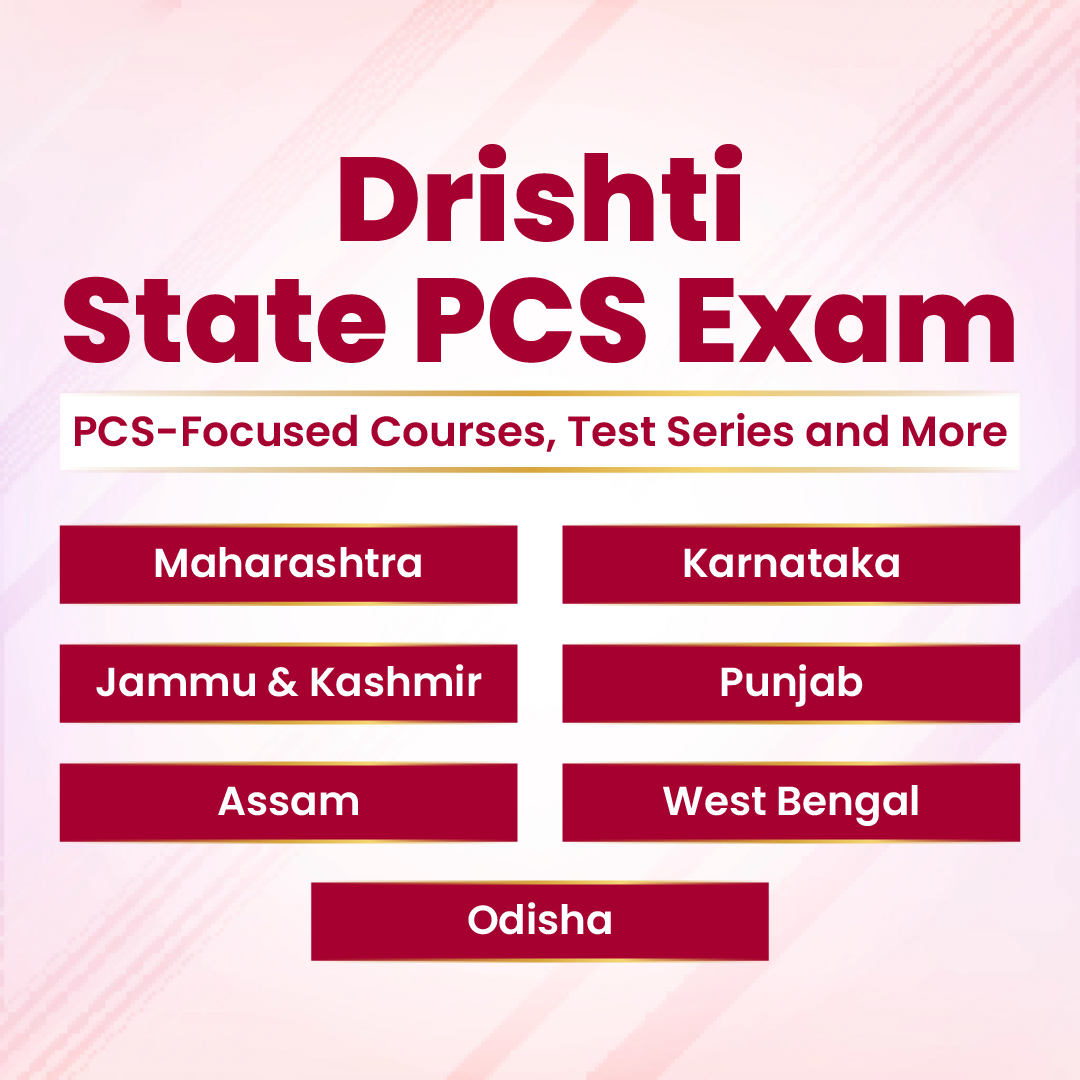



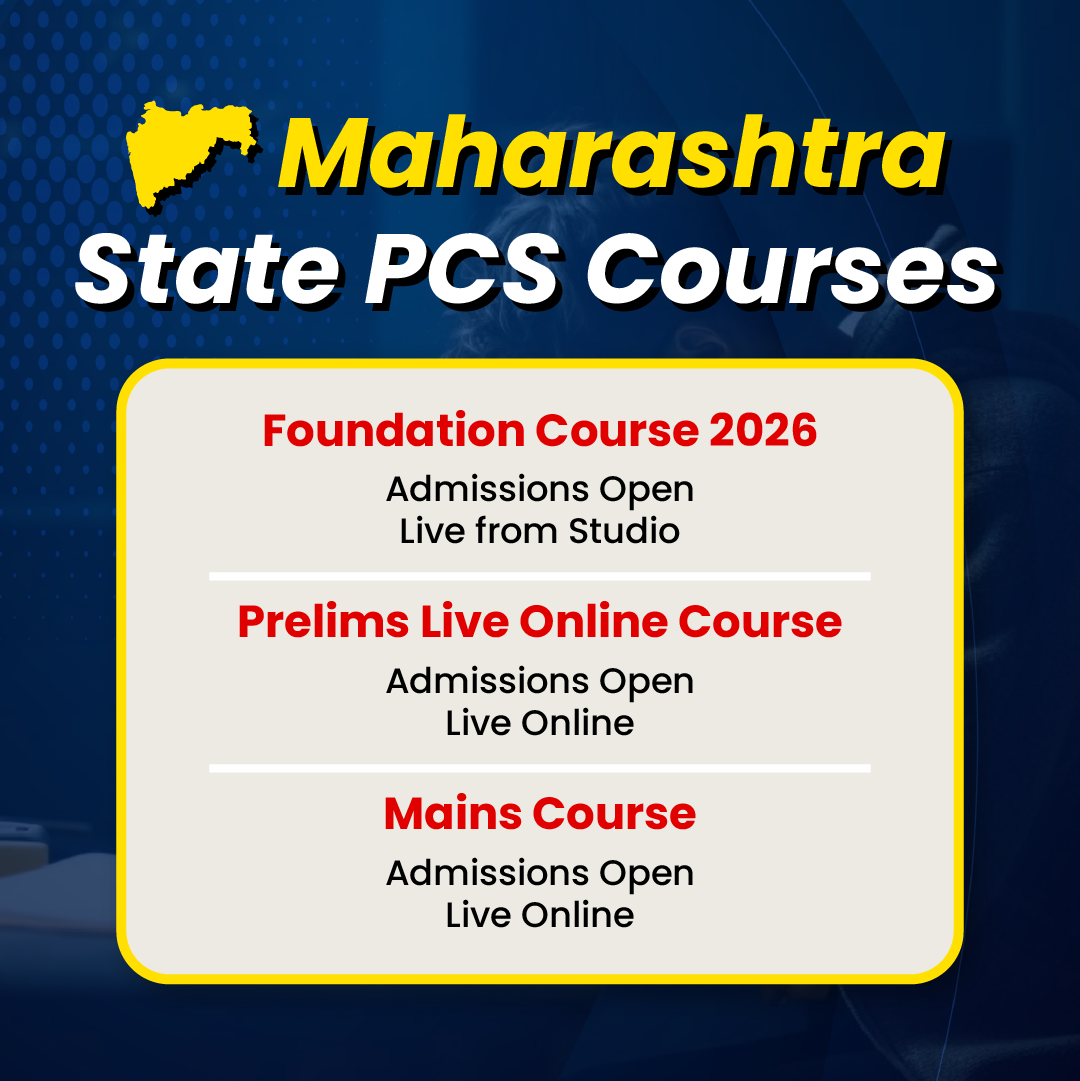





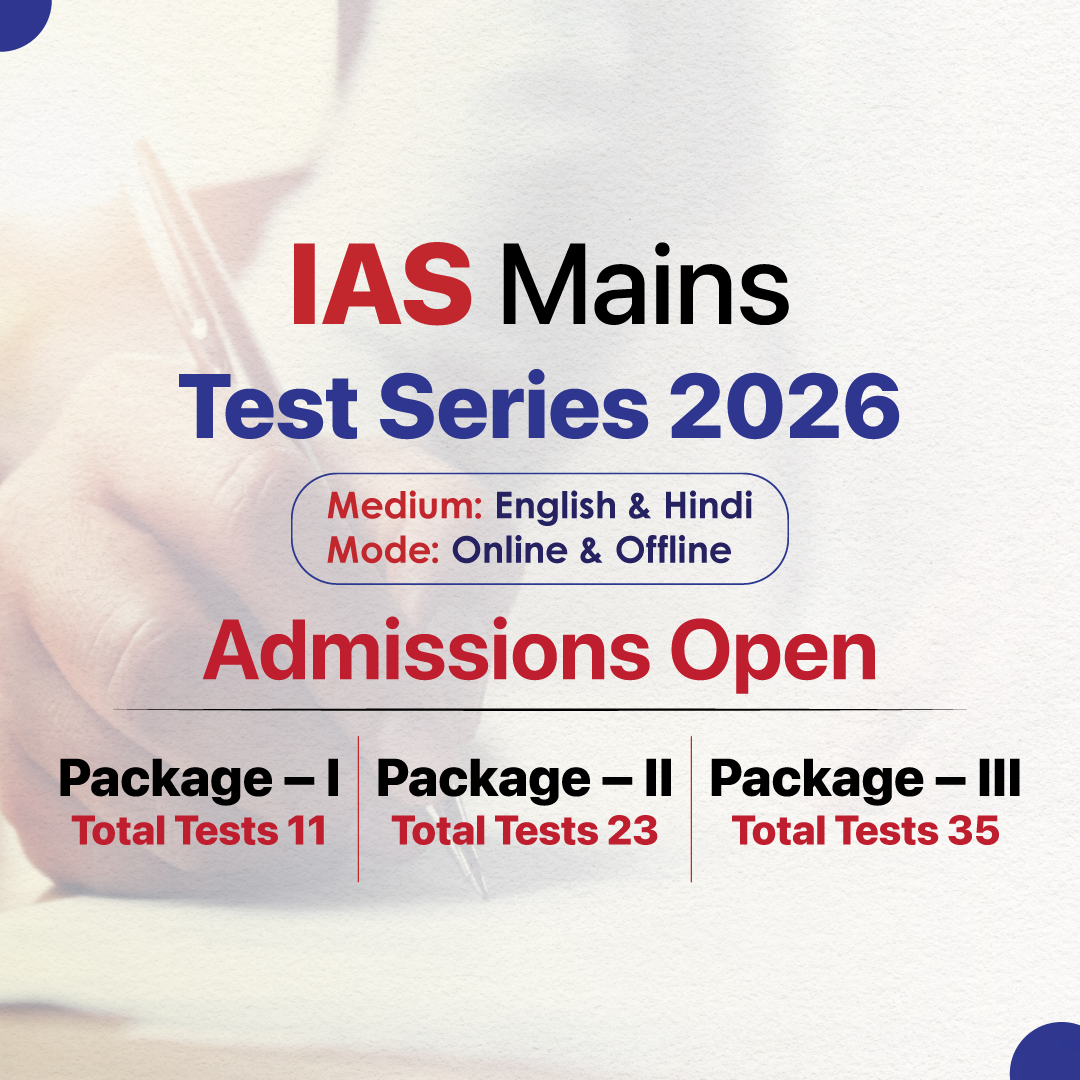


.png)


.jpg)

 PCS Parikshan
PCS Parikshan

